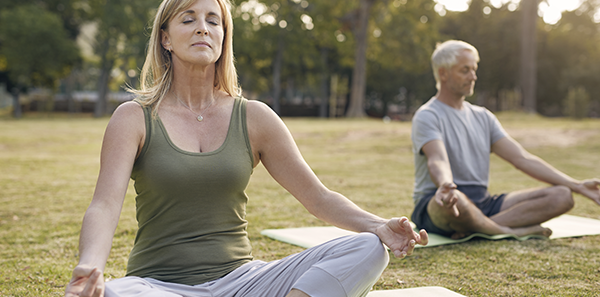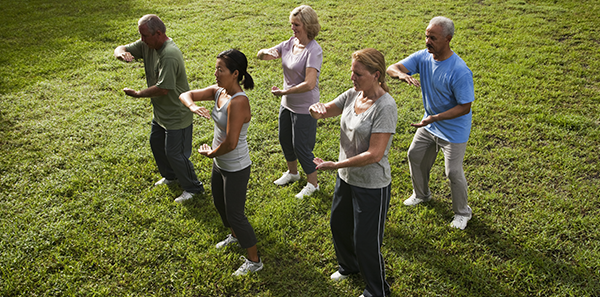
It’s more than proven that sport and physical exercise have a positive impact on health and well-being. However, the athlete isn’t always aware of everything that’s happening while they’re training.
Can you imagine being able to enjoy training while improving your relationship with your body, your performance and your ability to respond to stressful situations? Well, this is possible through the practice of Mindfulness.
What is Mindfulness?
Mindfulness means paying attention and being fully aware and refers to the ability to live in the present moment, noticing the thoughts, emotions and sensations arising from the situation you’re in.
What is the practice of Mindfulness?
There are several similarities between Mindfulness and sport: they’re both experiential, the body and concentration play an essential role and they both require training.
Practising Mindfulness is simple. What’s more difficult is maintaining the commitment to practice. Today’s frenetic pace of life and the amount of external stimulation to which we’re exposed make constant demands on our attention; silence, observation and connection with oneself become counterintuitive.
Mindfulness can be practised on two levels.
Firstly, formal practice focused on the observation and awareness of 3 key points:
- Posture: body awareness is developed through practices such as the body scan. This greater connection with the body helps, among many other things, to listen to it, to always know what it needs and thus be able to prevent injuries.
- Breathing: as an anchor point to the present moment, the here and now, allowing better management of emotions, stress and anxiety, for example, when competing.
- Attitude: kindness and compassion towards oneself and others, confidence, acceptance, non-judgement and the beginner’s mind are Mindfulness attitudes that promote enjoyment, improvement and fair play.
Secondly, the informal practice of Mindfulness consists of engaging in sports and any daily activity with full awareness, applying the 3 basic key points of the formal practice.
What can Mindfulness do for the athlete?
Sport is movement and movement is emotion. The athlete who’s aware of their emotions, sensations, patterns of thought and action has greater self-knowledge and capacity for self-management. They’re better able to respond more favourably to situations that arise, instead of reacting automatically.
What are the benefits of practising Mindfulness?
- Improves attention levels: this translates into greater concentration, a necessary factor in sports practice and competition.
- Reduces anxiety and stress: attention focused on the present moment and working with the breath enable controlling the levels of stress and anxiety, in addition to improving the ability to make adaptive responses.
- Regulates emotions: recognising emotions and learning to manage them helps to return to equanimity and face success, defeat, or frustration with greater serenity and calm.
- Improves performance: knowing how to discern and focus on what’s important in each moment avoids dissipation and loss of energy, which translates into greater strength based on accepting the facts and making conscious decisions.
- Reduces injuries: by developing greater body awareness, athletes learn to listen to their bodies and notice if they are exceeding their limits or overexerting themselves. They can then correct their posture and attitude before an injury occurs.
In conclusion, practising Mindfulness enables you to enjoy a more conscious and fulfilling sports experience.
D.ª Mª Teresa Mateo Ferrández
Transpersonal Therapist and Mindfulness Education Specialist at Sanysa












